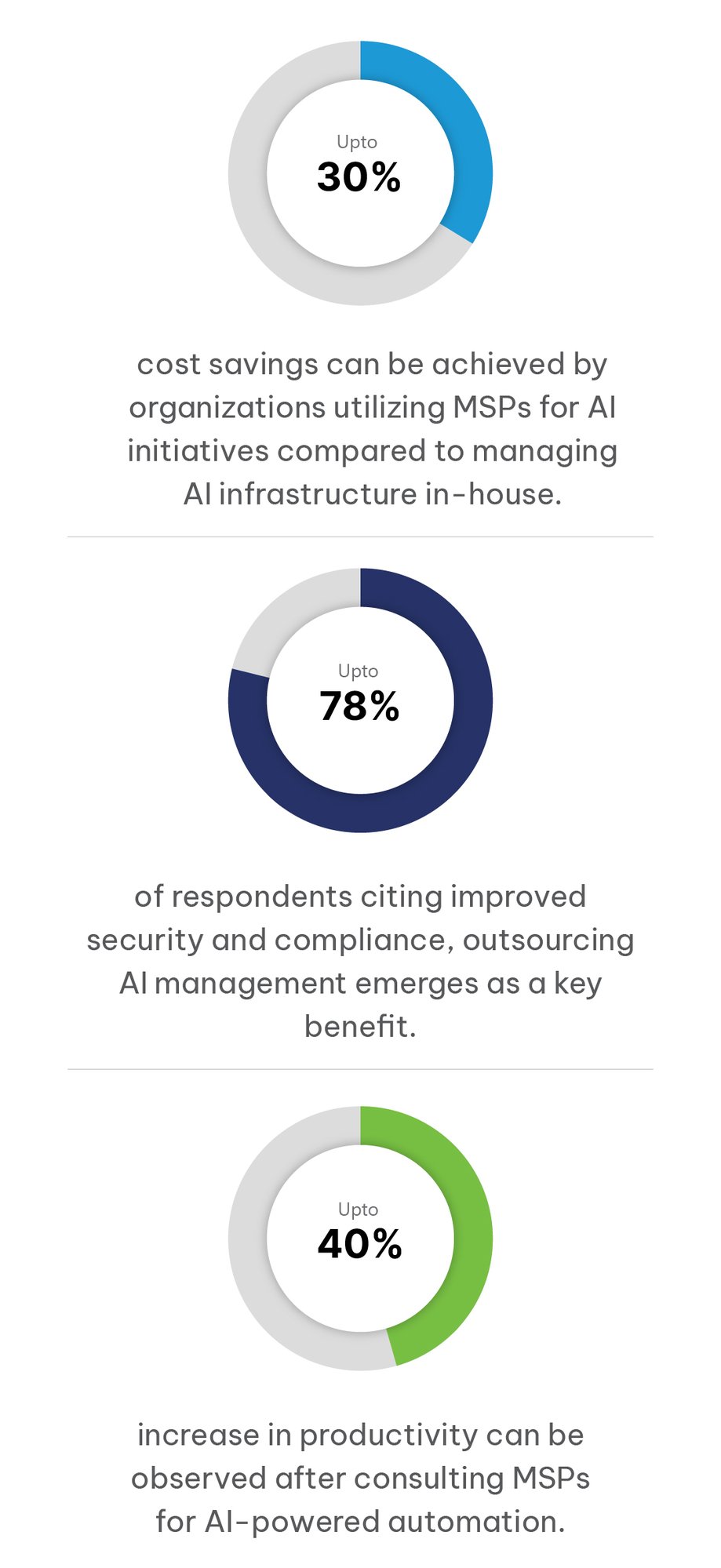A Close Look at Our PLM Capabilities
What does our product lifecycle management feature in SCM solutions offer to businesses? Here is a glimpse of it.
- Product Design Management
- BOI Management
- Model-Based Systems Engineering
- Change and Configuration Management
- Quality Management
- Product Data Management
Product Design Management
The Dynamics 365 PLM feature in our Supply Chain Management module offers concurrent design capabilities to businesses. You can simultaneously work on design, engineering, marketing, simulation, and product changes flawlessly. During the product design and engineering phase, the PLM feature allows businesses to make changes in the design in real-time, reducing app-to-market time and mitigating post-test inaccuracies and errors. Businesses can bring innovation and superior collaboration to the table by adopting the product lifecycle management feature in their supply chains.

BOI Management
Bill of Materials (BOM) is a crucial part of the product lifecycle management process and offers plenty of benefits to stakeholders. BOM management is all about having crucial product information, such as design, product engineering, collaboration, sourcing and procurement, market strategy, pricing, documentation, etc. Also, BOM management helps businesses to collaborate with external stakeholders, such as partners, suppliers, and distributors to exchange data and other information. The integration of PLM with BOI can synchronize the whole product development process and improve accuracy and collaboration.

Model-Based Systems Engineering
This is a unique approach that businesses adopt to collaborate with stakeholders throughout the product development process. The MBSE-oriented methodology allows engineers and programmers to collaborate in the early stages of product development for various activities, such as product visualization, simulation, engineering workflow management, modeling application, etc. Such intense collaboration helps different teams to improve efficiency, streamline engineering workflows, and adhere to regulatory compliance without compromising on product quality.

Change and Configuration Management
The Product Lifecycle Management facilitates businesses to have the best-of-class changes and configuration management. Changes in the design, workflows, and production processes are part of the product development process. However, managing those changes and notifying all the stakeholders in real-time for better visibility is a challenge to address. The PLM feature allows businesses to have full control over all the changes and product configurations and share them across the organization to have real-time views.

Quality Management
Quality is one of the most significant aspects of product development. Compromising with quality would be a grave mistake. With PLM feature in your supply chains, you can have the best quality control with various automated, technology-driven quality control methodologies, such as Failure Mode and Effects Analysis (FMEA), Root Cause Analysis (RCA), and others. The PLM feature ensures that the product is of top quality and meets industry standards and customer expectations.

Product Data Management
Product Data ManagementTo develop a successful and customer-centric product, it is crucial to have an ecosystem that encourages knowledge-sharing and data access. Sometimes, data is not accessible to everyone, and such situations might hamper product quality and development processes. The PLM feature in SCM allows businesses to have a central repository for data with the right, role-based permissions for accessibility. Stakeholders can easily communicate, collaborate, and make data-driven decisions to build a high-quality product. They can share data across the ecosystem to improve transparency and data visibility.

Product Design Management
The Dynamics 365 PLM feature in our Supply Chain Management module offers concurrent design capabilities to businesses. You can simultaneously work on design, engineering, marketing, simulation, and product changes flawlessly. During the product design and engineering phase, the PLM feature allows businesses to make changes in the design in real-time, reducing app-to-market time and mitigating post-test inaccuracies and errors. Businesses can bring innovation and superior collaboration to the table by adopting the product lifecycle management feature in their supply chains.

BOI Management
Bill of Materials (BOM) is a crucial part of the product lifecycle management process and offers plenty of benefits to stakeholders. BOM management is all about having crucial product information, such as design, product engineering, collaboration, sourcing and procurement, market strategy, pricing, documentation, etc. Also, BOM management helps businesses to collaborate with external stakeholders, such as partners, suppliers, and distributors to exchange data and other information. The integration of PLM with BOI can synchronize the whole product development process and improve accuracy and collaboration.

Model-Based Systems Engineering
This is a unique approach that businesses adopt to collaborate with stakeholders throughout the product development process. The MBSE-oriented methodology allows engineers and programmers to collaborate in the early stages of product development for various activities, such as product visualization, simulation, engineering workflow management, modeling application, etc. Such intense collaboration helps different teams to improve efficiency, streamline engineering workflows, and adhere to regulatory compliance without compromising on product quality.

Change and Configuration Management
The Product Lifecycle Management facilitates businesses to have the best-of-class changes and configuration management. Changes in the design, workflows, and production processes are part of the product development process. However, managing those changes and notifying all the stakeholders in real-time for better visibility is a challenge to address. The PLM feature allows businesses to have full control over all the changes and product configurations and share them across the organization to have real-time views.

Quality Management
Quality is one of the most significant aspects of product development. Compromising with quality would be a grave mistake. With PLM feature in your supply chains, you can have the best quality control with various automated, technology-driven quality control methodologies, such as Failure Mode and Effects Analysis (FMEA), Root Cause Analysis (RCA), and others. The PLM feature ensures that the product is of top quality and meets industry standards and customer expectations.

Product Data Management
Product Data ManagementTo develop a successful and customer-centric product, it is crucial to have an ecosystem that encourages knowledge-sharing and data access. Sometimes, data is not accessible to everyone, and such situations might hamper product quality and development processes. The PLM feature in SCM allows businesses to have a central repository for data with the right, role-based permissions for accessibility. Stakeholders can easily communicate, collaborate, and make data-driven decisions to build a high-quality product. They can share data across the ecosystem to improve transparency and data visibility.

Beyond Just Service: Why We're Your Perfect Dynamics 365 Partner

State-Of-The-Art Infrastructure
DynaTech, being a certified Microsoft Solutions partner, has state-of-the-art infrastructure, tools, and software licenses to build cutting-edge, next-gen solutions that perfectly cater to business needs and expectations.

Proven Track Record
Since our inception, we have delivered highly precious, business-centric, and feature-rich solutions for enterprises and businesses. Our solutions have helped businesses drive growth and bring automation and superior efficiency to the table.

Personalized Solutions
Our personalized approach helps us build client-centric, tailored solutions that address the challenges that businesses face. Our experts will design solutions after evaluating your existing systems and current pain points.

Client-Centric Approach
We follow the client-first business model. Our clients are our top priority, and it shows in our business practices as well. Developing results-driven, client-centric solutions that cater to diverse needs of our clients is our USP that puts us ahead in the game.
Training & Education
Post-deployment, our experts will offer in-house or virtual training for quick user adoption. They will leave no stone unturned to ensure that all stakeholders from the client side understand the solution, its features, and functionalities.

Cutting-Edge Technologies
We use cutting-edge technologies to build top-notch, future-ready, and scalable D365 solutions. Right technologies meet the right experts to develop high-end solutions that make an actual difference.

State-Of-The-Art Infrastructure
DynaTech, being a certified Microsoft Solutions partner, has state-of-the-art infrastructure, tools, and software licenses to build cutting-edge, next-gen solutions that perfectly cater to business needs and expectations.

Proven Track Record
Since our inception, we have delivered highly precious, business-centric, and feature-rich solutions for enterprises and businesses. Our solutions have helped businesses drive growth and bring automation and superior efficiency to the table.

Personalized Solutions
Our personalized approach helps us build client-centric, tailored solutions that address the challenges that businesses face. Our experts will design solutions after evaluating your existing systems and current pain points.

Client-Centric Approach
We follow the client-first business model. Our clients are our top priority, and it shows in our business practices as well. Developing results-driven, client-centric solutions that cater to diverse needs of our clients is our USP that puts us ahead in the game.
Training & Education
Post-deployment, our experts will offer in-house or virtual training for quick user adoption. They will leave no stone unturned to ensure that all stakeholders from the client side understand the solution, its features, and functionalities.

Cutting-Edge Technologies
We use cutting-edge technologies to build top-notch, future-ready, and scalable D365 solutions. Right technologies meet the right experts to develop high-end solutions that make an actual difference.
DynaTech- Your Trusted Microsoft Partner
Drive growth and improved ROI with our custom, innovative, and feature-rich D365 solutions that can help address existing system vulnerabilities and pain points.

Industry We Serve
Our tailored solutions in the Supply Chain Management help businesses accelerate growth and drive more ROI across various industries.

Ecommerce
Our tailored SCM solutions help ecommerce businesses to automate various processes, offer personalized experiences to customers, and reduce manual errors.

Manufacturing
Bring agility, transparency, and automation to the table with high-end, custom, and feature-rich SCM solutions for manufacturing businesses.

Healthcare
Our process-driven SCM solutions help healthcare businesses to offer on-time care to patients with the availability of inventory and real-time shipment tracking.

Building & Materials
Manage inventory, logistics, distribution, and demand fluctuations effortlessly with automated processes and valuable data insights.

Food & Beverages
Modernized supply chain management solutions help food and beverages businesses to adhere to safety regulations while having redefined inventory and distribution management.

Wholesale & Distribution
Our tailored SCM solutions help businesses to redefine their distribution operations with a close eye on demand predictions.









